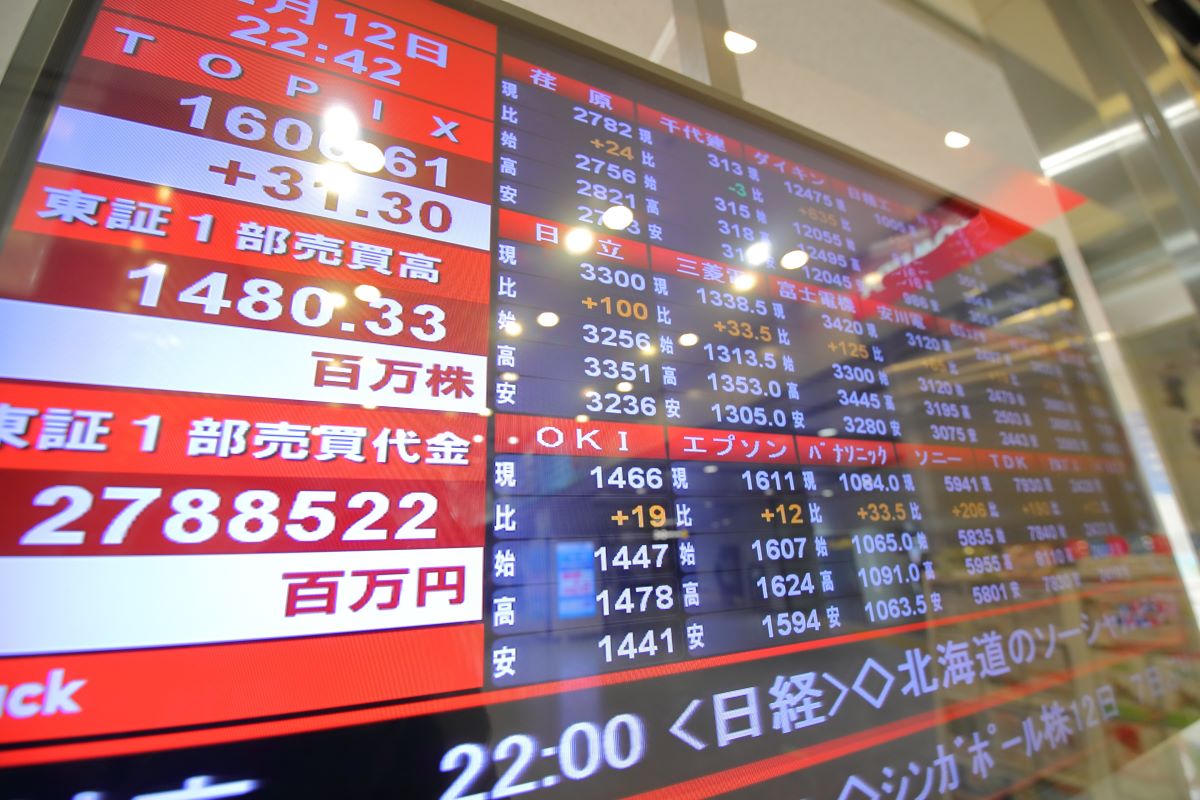The Japanese equity market has performed well in 2023, with the country’s stocks reaching their highest level in 33 years last month. Now, Lombard Odier Investment Management believes that the appeal of Japanese securities to foreign investors is primarily dependent on favourable inflation and corporate governance changes as the Bank of Japan (BOJ) decides how to end its loose monetary policy.
On the Japanese economy, Homin Lee, Senior Macro Strategist at Lombard Odier said: “Japan’s economic fundamentals are solid with service sector and domestic capital expenditure offsetting other weaknesses. Inflation is set to overshoot the Bank of Japan’s 2% target for a consecutive year.”
Lee further mentions that Japan’s economy is anticipated to grow faster than other comparable economies. He also asserts that despite the constraints provided by Japan’s disadvantaged demographics, investors’ long-term growth expectations from Japanese securities have stopped deteriorating.
The asset manager then goes on to inform that a positive economic outlook for Japan puts pressure on the BOJ to tighten monetary policy. Lee anticipates that the central bank may change or discontinue yield curve control (YCC) policy this year.
“Furthermore, it is highly unlikely that a YCC tweak would lead to bank runs or the pension fund turmoil seen in the US and Europe…We expect the yen to strengthen against the US dollar, boosted by Japan’s improving growth and the prospect of an end to ultra-accommodative monetary policy,” said Kiran Kowshik, Global FX Strategist at Lombard Odier.
Meanwhile, Edmund Ng, Head of Equity Strategy at Lombard Odier, cited a few reasons behind the recent surge in international investor interest in Japanese stocks. This includes expectations for improved corporate governance and Berkshire Hathaway’s increased exposure to Japan.
“A positive view on Japanese stocks argues that rising dividend yields, share buybacks and better corporate governance are reasons to invest. Yet we see little evidence to date that reforms have translated into a significant improvement in companies’ capital allocations and return on capital. After the rally in Japanese stocks this year, valuations no longer look attractive versus their long-term averages, while the country’s exporters remain exposed to the global slowdown,” he opines.
View the full insight here.
Read more

T. Rowe Price
Why US Treasuries may no longer be a safe haven
US Treasuries recent performance has fallen short of expectations.

Candriam
The euro bond market is back in focus
Rising yields and shifting fiscal dynamics are bringing the euro bond market back into focus.

Lombard Odier
EM equities – potential opportunities amid challenges
EM equities face renewed pressure amid US trade policy shifts, slowing growth, and investor outflows.

US Markets
100 days of Donald Trump
The first 100 days of Donald Trump’s second term have shaken markets. Asset managers weigh in on US equities, bonds, and the dollar.





















